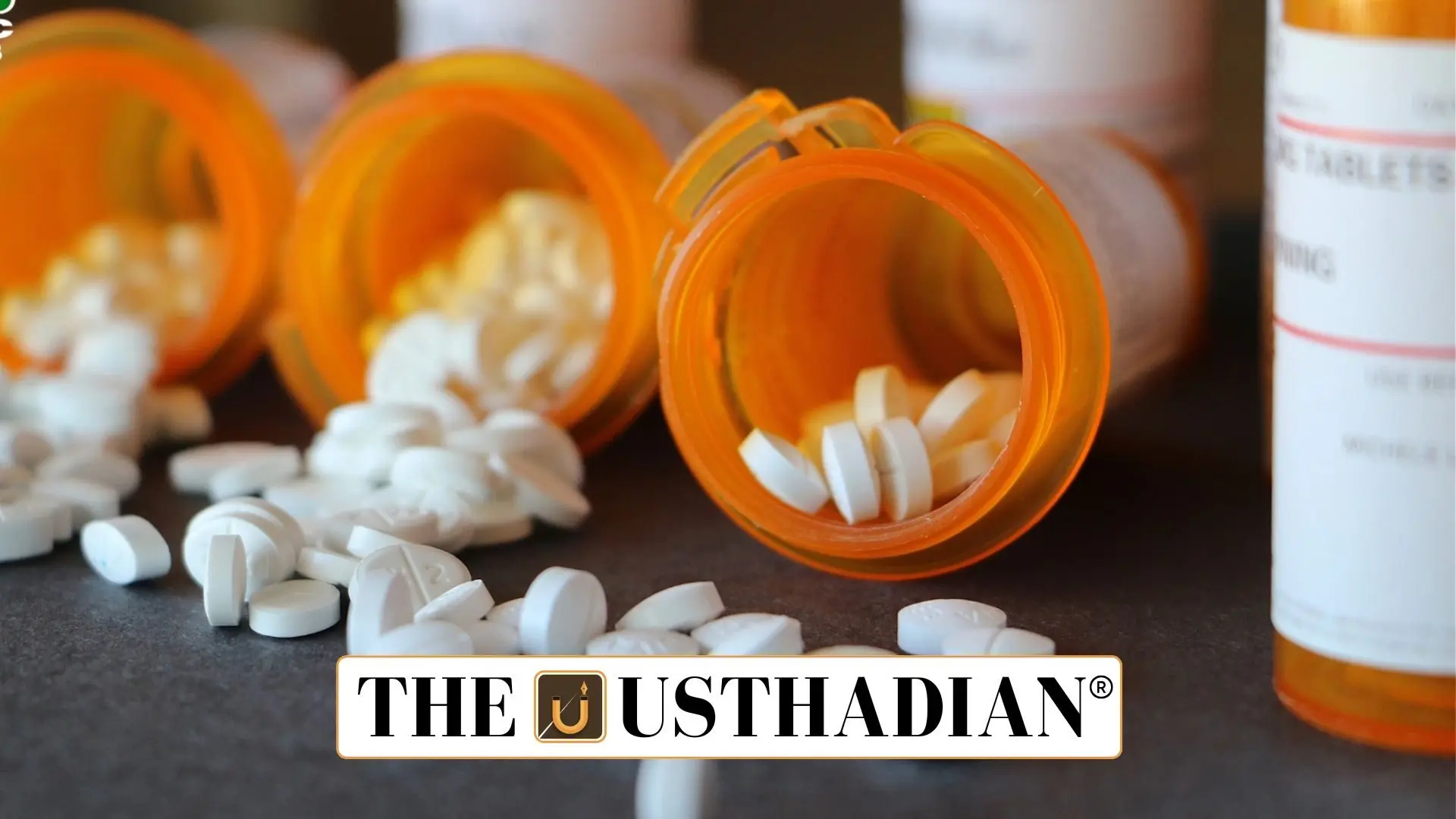India’s Global Pharmaceutical Presence
India’s Pharmaceutical Exports and Drug Quality Regulations: A 2025 Overview: India continues to be a key global supplier of affordable and essential medicines. In 2023, India ranked 11th in global pharmaceutical exports, contributing 3% to the total global pharma exports. Known as the ‘Pharmacy of the World’, India exports medicines to more than 200 countries, including the USA, South Africa, and the UK. This global footprint makes drug quality and regulatory oversight critically important.
Ensuring Drug Safety through Inspections
To strengthen compliance, the Central Drugs Standard Control Organisation (CDSCO), along with State regulators, launched risk-based inspections in December 2022. Out of 905 drug manufacturing units inspected, 694 actions were taken, including production halts, test stoppages, and license suspensions. These inspections ensure that manufacturing units meet quality, safety, and efficacy standards in line with international expectations.
Strengthened Regulations and Legal Amendments
The government has introduced several new measures to modernize India’s pharma laws. The Drugs Rules, 1945 were amended to revise Schedule M, enforcing stricter Good Manufacturing Practices (GMP). From June 29, 2024, firms with turnover over ₹250 crore must comply, while others have time until December 31, 2025.
Also, from August 1, 2023, it is mandatory for the top 300 drug brands to carry QR codes to enable drug authentication. Additionally, QR coding on Active Pharmaceutical Ingredients (APIs) has been in place since January 18, 2022, making tracking possible from the source to the shelf. Since March 1, 2021, drug marketers are also held accountable for the quality of the drugs they sell.
Penal Action Against Spurious Drug Offences
To curb the menace of spurious and adulterated drugs, the Drugs and Cosmetics Act, 1940 was amended in 2008. Certain violations are now treated as cognizable and non-bailable offences. Special courts have been established to ensure speedy trials in drug-related crimes, reflecting the government’s tough stance on pharmaceutical fraud.
Raising the Bar for Manufacturing and Testing
New quality protocols now require bioequivalence studies for oral dosage forms before granting manufacturing licenses. Drug makers must also submit stability and safety data of ingredients to the State Licensing Authority. These steps ensure that generic drugs are as effective and safe as their branded counterparts.
Training and Capacity Building
India has invested heavily in training over 35,000 professionals in Good Manufacturing Practices (GMP) since April 2023. This includes residential and regional training programs for manufacturers, regulators, and drug inspectors. Coordination between CDSCO and State authorities is also improving, facilitated by the Drugs Consultative Committee.
STATIC GK SNAPSHOT FOR EXAMS
India’s Pharmaceutical Exports and Drug Quality Regulations: A 2025 Overview:
| Topic | Fact |
| India’s Pharma Export Rank (2023) | 11th globally |
| Share in Global Pharma Exports | 3% |
| CDSCO Full Form | Central Drugs Standard Control Organisation |
| Risk-Based Inspections Launched | December 2022 |
| Schedule M GMP Compliance Deadline | June 29, 2024 (large firms); Dec 31, 2025 (small firms) |
| QR Code on Top 300 Drugs | Mandatory since August 1, 2023 |
| QR Code on APIs | Implemented January 18, 2022 |
| Penalties for Spurious Drugs | Non-bailable offences (since 2008 amendment) |
| Bioequivalence Study Requirement | For oral dosage before license approval |
| Professionals Trained (2023–2025) | 35,000+ in GMP standards |








